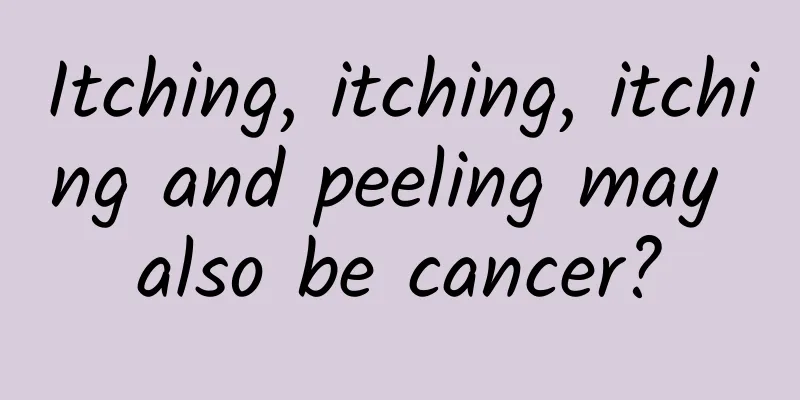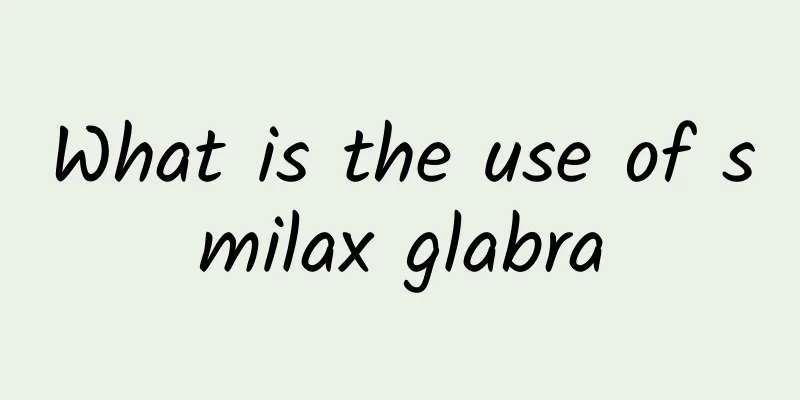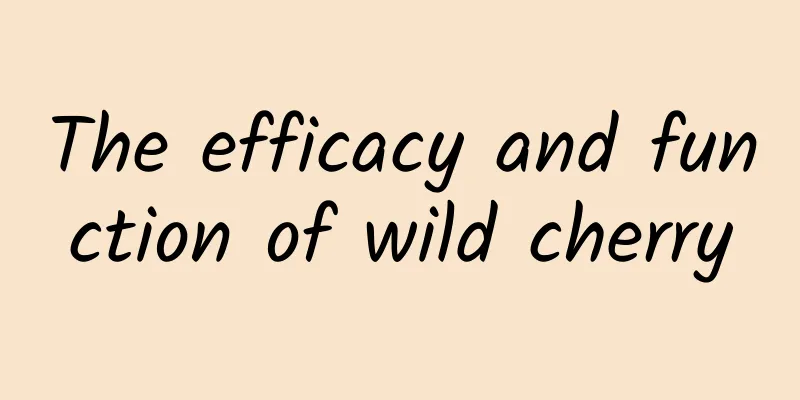Grinding teeth while sleeping for a long time is more than just "crunching"! Don't ignore these reasons

|
Have you ever heard it late at night? "Crunching" sound I thought someone was eating secretly. Or maybe there are mice in the house. I didn’t expect it to be… Someone is grinding their teeth! Bruxism is the involuntary grinding of teeth that occurs during sleep. Image source: Photo Network When you doze off, your teeth grind unconsciously. The key is that you don’t even know it. Often your roommates or family members tell you the next day: You grinded your teeth last night, and your mouth made a crunching sound all night . Long-term teeth grinding is more than just a "crunching" sound. It affects the quality of sleep and may also lead to: Tooth damage: such as wear, sensitivity, pain, and fracture; Periodontal problems: such as gum recession and periodontitis; Temporomandibular joint problems: such as joint pain, dysfunction, and limited mouth opening; Muscle pain: such as pain in the chewing muscles and fatigue. In short, I don’t sleep well, my teeth are bad, and my face looks fatter because of my developed masseter muscles … The exact cause of teeth grinding is unknown, but it may be caused by a variety of factors! These may include: 1. High mental stress, anxiety and depression: such as work pressure, family conflicts, etc.; 2. Sleep disorders: such as insomnia or sleep apnea, commonly known as "snoring"; 3. Malocclusion: such as misaligned teeth, missing teeth, etc. 4. Temporomandibular joint problems: joint disorder and bruxism are mutually induced and promoted; 5. Genetic factors: family history of bruxism; 6. Bad living habits: Teeth grinding is more likely to occur when sleeping on one side or prone. In addition, long-term eating on one side, smoking, drinking, excessive caffeine intake, etc. may also cause teeth grinding; 7. Malnutrition: Insufficient intake of calcium and vitamins by children during their growth and development will affect the development of teeth and gums, and children may experience symptoms of bruxism. First, ask your family or roommate to record the frequency, duration, and intensity of teeth grinding. If teeth grinding is frequent or severe, you should see a doctor promptly to avoid long-term dental and maxillofacial problems . Your doctor may check your tooth wear, periodontal condition, and perform auxiliary examinations of your temporomandibular joint and sleep conditions , such as masseter electromyography and polysomnography. Image source: Photo Network As mentioned earlier, teeth grinding may be caused by a variety of factors, so the treatment of teeth grinding also needs to take into account the specific situation of the individual. There is no single simple method to cure all types of teeth grinding . Treatment for teeth grinding may include: Use a bite pad Bite pads look a bit like invisible braces. Wearing them when sleeping at night can adjust the occlusion of teeth and avoid clenching and friction of teeth. It should be noted that bite pads should not be bought randomly on the Internet. You should find a professional dentist to customize them . Image source: Photo Network Drug treatment The use of botulinum toxin injections or central nervous system drugs must be performed under the guidance of a doctor . Psychotherapy You can reduce stress and anxiety through exercise, meditation, etc. Adjustment of lifestyle habits Eat with both teeth, reduce caffeine intake, avoid stimulant drinks such as coffee, tea and cola, improve the sleeping environment, maintain a regular sleep time, and avoid using electronic devices before going to bed. Statement: This article is a medical-related educational popular science article. It does not involve specific treatment methods or medical behaviors and cannot replace hospital visits. Experts who reviewed this article References [1] Zhou Hong, Zou Min (eds.). Orthodontics. Xi'an: Xi'an Jiaotong University Press, 2013.12. [2] Zhang Jinglu, Yin Xinmin. Research progress on bruxism[J]. International Journal of Stomatology, 2003, 30(001):49-51. DOI:10.3969/j.issn.1673-5749.2003.01.019. [3]Lobbezoo F, Ahlberg J, Glaros AG, Kato T, Koyano K, Lavigne GJ, de Leeuw R, Manfredini D, Svensson P, Winocur E. Bruxism defined and graded: an international consensus. J Oral Rehabil. 2013 Jan;40(1):2-4. doi: 10.1111/joor.12011. Epub 2012 Nov 4. PMID: 23121262. Content Production Edit: 100% sweet Map: Eastern Zhou Dynasty |
<<: The vitamin C "ceiling" in the fruit industry, many people may have never heard of it
>>: Can the “Head-Down Method” really cure cervical spondylosis?
Recommend
Why do people like to hold things with their right hand but hold babies with their left hand?
Close your eyes and imagine that you are holding ...
The efficacy and function of Trichosanthes oil
Trichosanthes oil is a common type of traditional...
I have something stuck in my teeth again. What should I use to get the leaf out?
Although dentists have always regarded brushing t...
The efficacy and function of Tongguxiao
Tongguxiao is a kind of traditional Chinese medic...
What are the effects and functions of Helicoverpa
In our lives, many Chinese medicinal herbs can he...
Have you ever been affected by these noises at home? 3 ways to reduce the noise!
It’s so noisy! This is probably our most direct a...
my country's earliest "genetic" modification project began 5,000 years ago!
"The market is lined with pearls and jade, a...
Who is Jiaogulan suitable for?
If we want to make our bodies healthier, we must ...
Electromagnetic waves cannot propagate effectively in water, so how do torpedoes find their targets?
Whether the bullet can hit the target accurately ...
The efficacy and function of Piper longum
Piper longum is a kind of traditional Chinese med...
The efficacy and function of mountain agarwood
Agarwood is a traditional Chinese medicine. It ha...
The efficacy and function of heather leaves
In daily life, people are not only very familiar ...
What are the effects of the traditional Chinese medicine Astragalus?
Chinese medicinal materials are becoming more and...
Alipay Wireless: As of 2012, the number of client downloads has exceeded 30 million times
On February 29, 2012, Alipay announced some data ...
The efficacy and function of Niuxixi leaves
Niuxixi leaves are one of the common traditional ...









